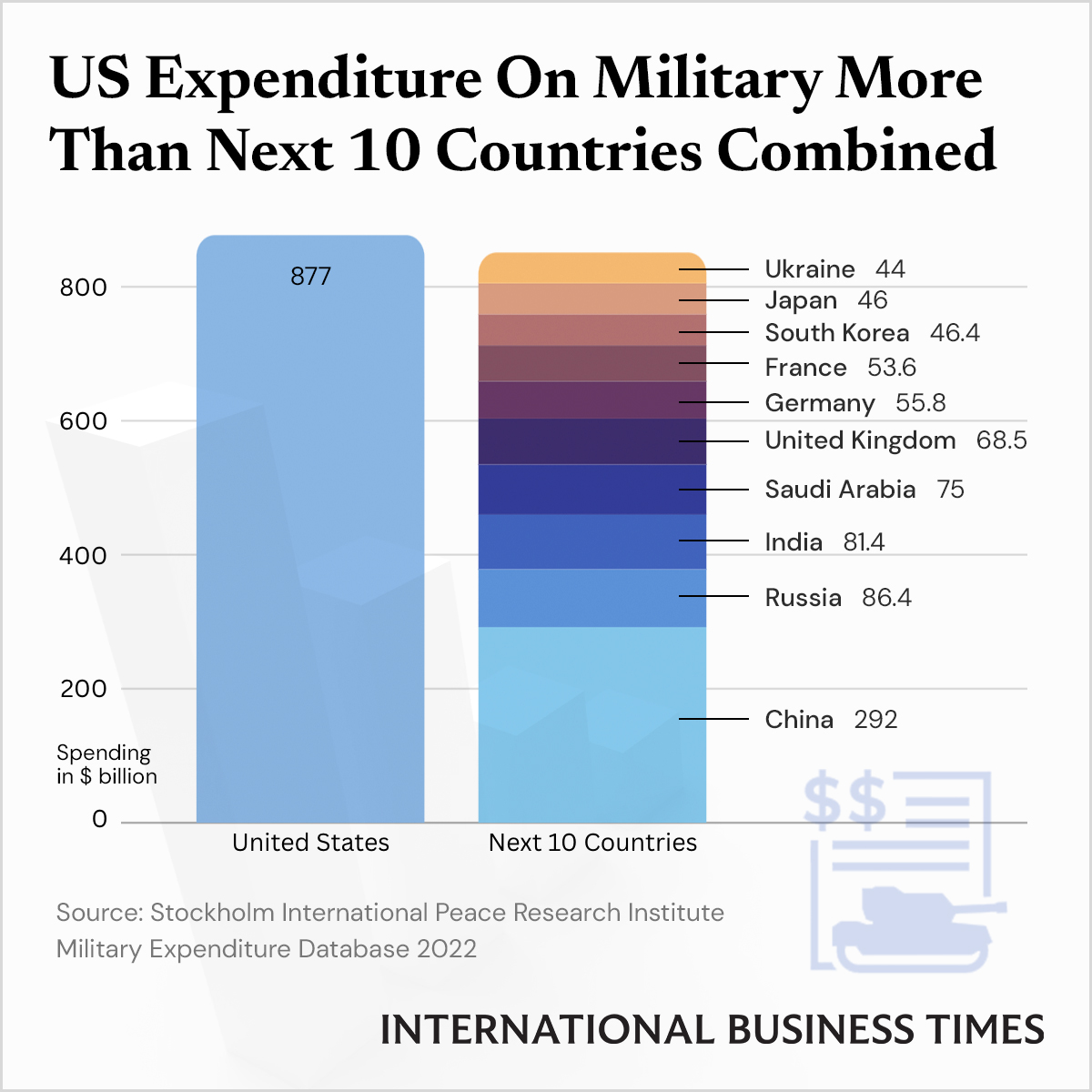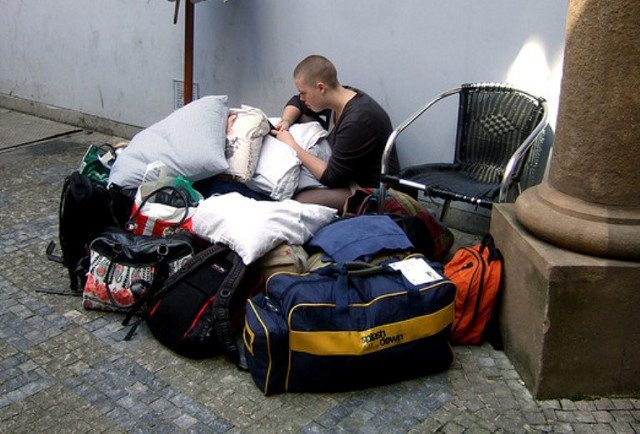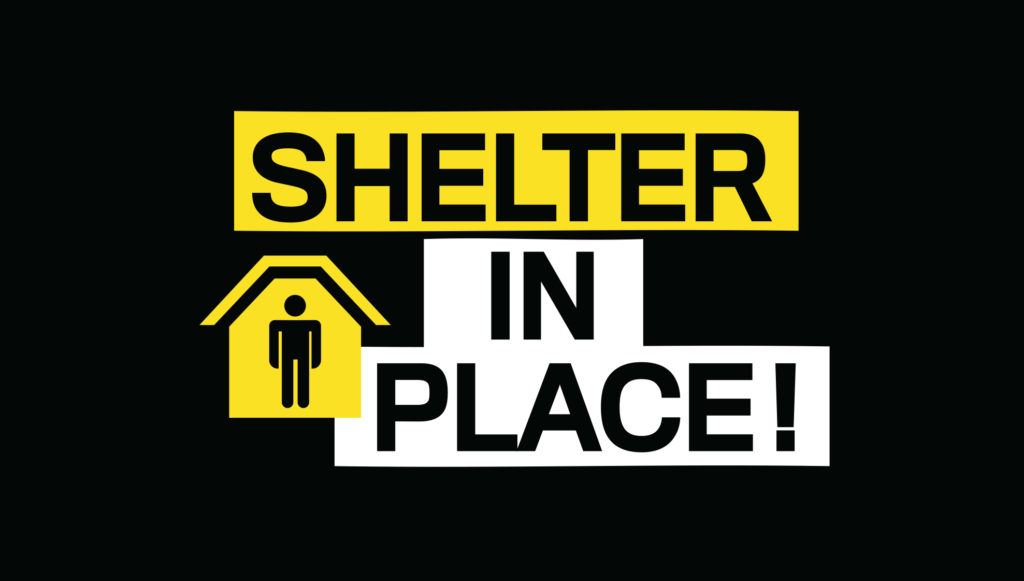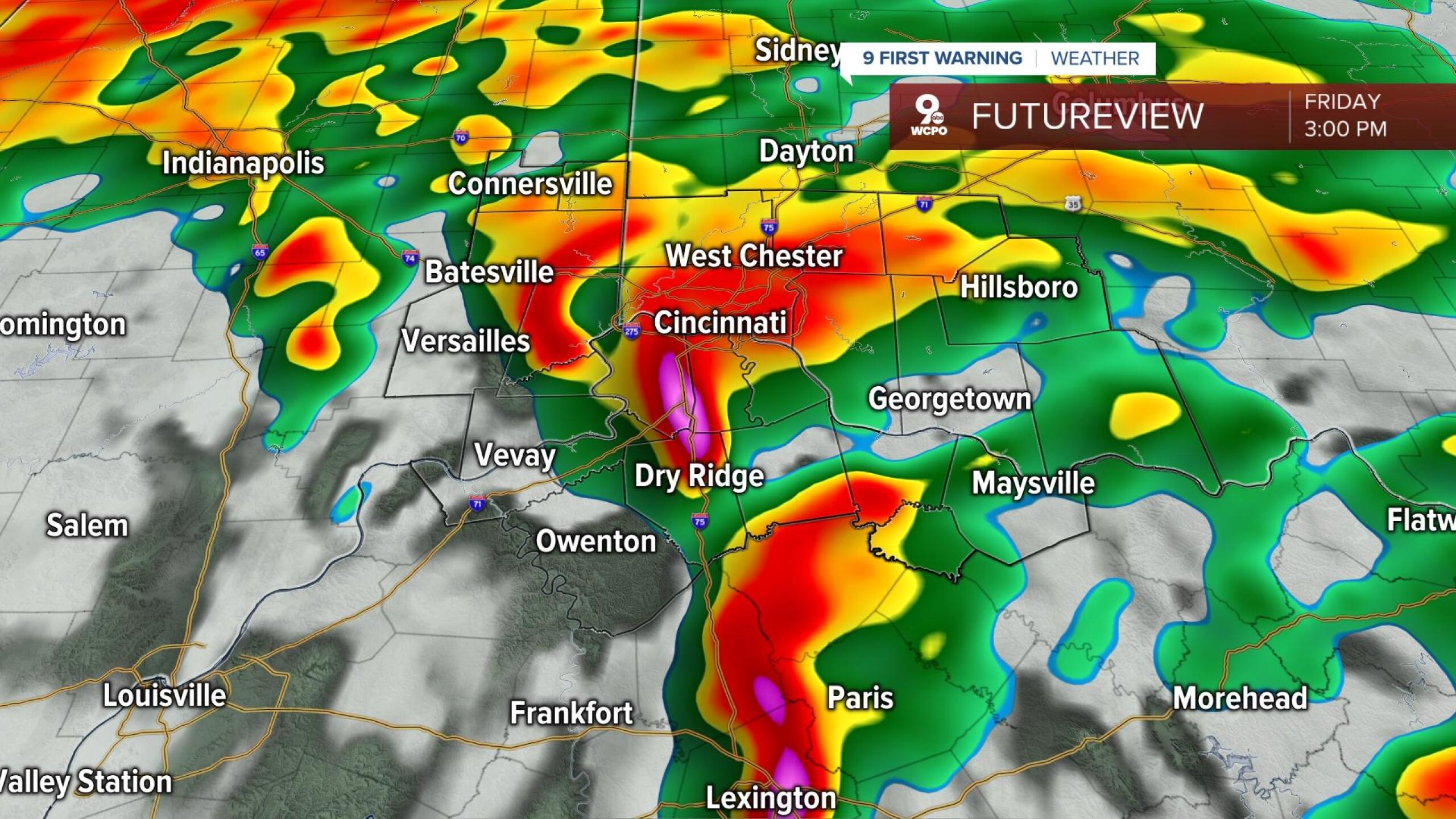Rising Global Military Spending: The European Security Dilemma

Table of Contents
The War in Ukraine as a Catalyst for Increased Military Spending
The war in Ukraine serves as a stark catalyst for the current surge in European military spending. The conflict has shattered assumptions about European security and exposed vulnerabilities within the continent's defense posture. The immediate response has been a significant increase in defense budgets across numerous European nations.
NATO spending targets, previously often overlooked, are now being actively pursued. Countries like Poland, Finland, and Sweden, some newly joining NATO, have dramatically increased their military spending, prioritizing rapid military modernization and strengthening their defensive capabilities.
- Increased procurement of weapons and military equipment: European nations are investing heavily in advanced weaponry, including fighter jets, air defense systems, and artillery, to enhance their combat readiness.
- Expansion of military personnel: Many countries are expanding their armed forces, increasing recruitment efforts and boosting military personnel numbers.
- Strengthened alliances and partnerships: The war has reinforced the importance of collective security, leading to closer collaboration and strengthened alliances, particularly within NATO.
Geopolitical Instability and the Rise of Revisionist Powers
The rise of revisionist powers, primarily Russia and China, significantly contributes to the European security dilemma. Russia's aggression in Ukraine has exposed the fragility of the existing security architecture, while China's growing military assertiveness in the Indo-Pacific region raises concerns about potential spillover effects. These factors have spurred European nations to reassess their security strategies and increase military investment to counter perceived threats.
This shift towards a multipolar world introduces new layers of complexity.
- Increased cyber warfare threats: The rise of cyber warfare necessitates greater investment in cybersecurity infrastructure and defensive capabilities.
- Concerns about energy security: Europe's reliance on Russian energy has been exposed as a significant vulnerability, leading to a focus on diversifying energy sources and enhancing energy security.
- Rise of hybrid warfare tactics: The utilization of hybrid warfare tactics, combining conventional and unconventional methods, requires a broader and more adaptable security approach.
Economic Implications of Rising Military Spending
The economic consequences of increased military expenditure in Europe are substantial. The massive diversion of funds from other vital sectors presents a significant opportunity cost.
- Strain on national budgets: Increased military spending places a strain on national budgets, potentially limiting resources available for crucial social programs like healthcare and education.
- Potential for increased taxation: Governments may resort to increased taxation to finance rising defense budgets, potentially impacting economic growth and consumer spending.
- Impact on social programs: Reduced investment in social programs can negatively affect citizens' well-being and long-term economic prosperity. This necessitates a careful consideration of the economic trade-offs involved.
The Arms Race and its Consequences
The escalating military buildup in Europe risks triggering a dangerous arms race, further exacerbating the security dilemma.
- Increased risk of conflict: A heightened military presence and increased military capabilities can inadvertently increase the risk of conflict through miscalculation or escalation.
- Reduced trust among nations: The competitive nature of an arms race can erode trust among nations, making diplomatic solutions more challenging to achieve.
- Potential for miscalculation and accidental war: The complexity of modern weaponry and the potential for miscalculation significantly increase the risk of accidental war.
Conclusion: Navigating the European Security Dilemma amidst Rising Global Military Spending
In conclusion, the rising global military spending is inextricably linked to the deepening European security dilemma. The war in Ukraine, geopolitical instability, and the rise of revisionist powers have all contributed to a significant increase in European defense budgets, with profound economic and geopolitical implications. The potential for an arms race and its devastating consequences necessitates a careful reassessment of security strategies. Understanding the complexities of rising global military spending and its impact on the European security dilemma is crucial for policymakers and citizens alike. Further research into alternative security strategies, including diplomatic solutions and conflict resolution mechanisms, is vital to navigate this challenge effectively and prevent further escalation. A proactive approach, emphasizing de-escalation and fostering international cooperation, is essential to mitigating the risks and building a more secure and stable future.

Featured Posts
-
 Strategy Acquires 6 556 Bitcoin For 555 8 Million Full Details
Apr 30, 2025
Strategy Acquires 6 556 Bitcoin For 555 8 Million Full Details
Apr 30, 2025 -
 High Stock Market Valuations A Bof A Analysis For Investors
Apr 30, 2025
High Stock Market Valuations A Bof A Analysis For Investors
Apr 30, 2025 -
 Blu Ajvi Izgled I Poredenja Nakon Nastupa Na Super Bowlu
Apr 30, 2025
Blu Ajvi Izgled I Poredenja Nakon Nastupa Na Super Bowlu
Apr 30, 2025 -
 Strong Pitching From Rodon Helps Yankees Win Series Finale Against Cleveland
Apr 30, 2025
Strong Pitching From Rodon Helps Yankees Win Series Finale Against Cleveland
Apr 30, 2025 -
 Cruise Packing Mistakes To Avoid A Travelers Checklist
Apr 30, 2025
Cruise Packing Mistakes To Avoid A Travelers Checklist
Apr 30, 2025
Latest Posts
-
 Feltri Riflessioni Sul Venerdi Santo
Apr 30, 2025
Feltri Riflessioni Sul Venerdi Santo
Apr 30, 2025 -
 Feltri Il Venerdi Santo E La Croce Di Cristo
Apr 30, 2025
Feltri Il Venerdi Santo E La Croce Di Cristo
Apr 30, 2025 -
 Louisvilles Shelter In Place Order A Time For Remembrance And Safety
Apr 30, 2025
Louisvilles Shelter In Place Order A Time For Remembrance And Safety
Apr 30, 2025 -
 Shelter In Place Louisville Community Reflects On Past Tragedy During Emergency
Apr 30, 2025
Shelter In Place Louisville Community Reflects On Past Tragedy During Emergency
Apr 30, 2025 -
 Heavy Rain And Flooding Prompt State Of Emergency Declaration In Kentucky
Apr 30, 2025
Heavy Rain And Flooding Prompt State Of Emergency Declaration In Kentucky
Apr 30, 2025
